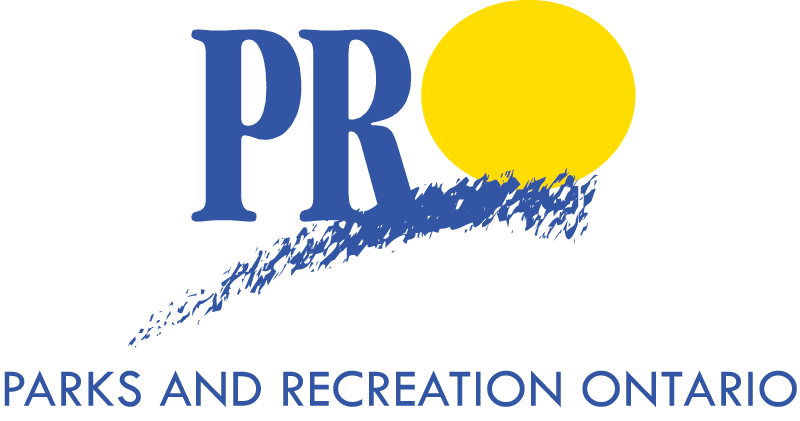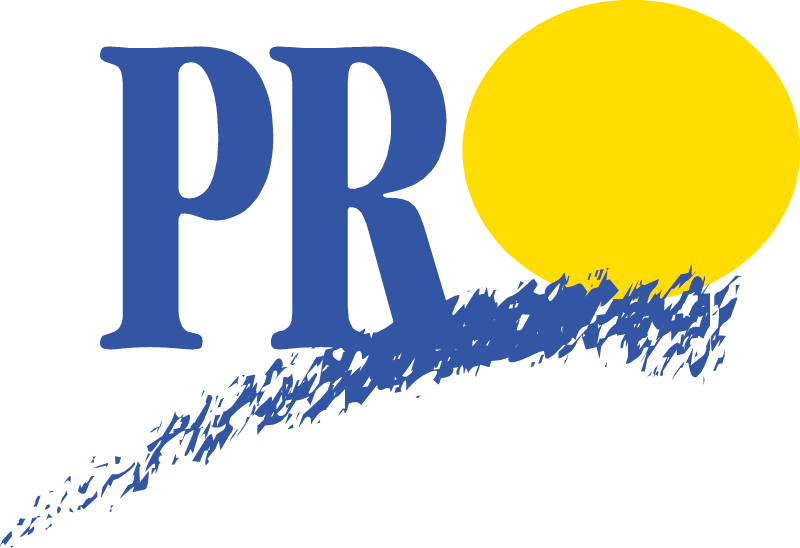
Implementation & Important information for Recreation Providers
Updated May 2019.
The Child Care and Early Years Act and the regulations associated with that Act are now fully implemented. The Act and regulations do have an impact on the delivery of recreation programs for children under the age of 12.
In April 2019, the government announced changes that will increase choices for families by allowing certain recreation providers to offer after school programs to children ages 4-12.
Changes under the CCEYA for Authorized Recreation Providers
The omnibus Bill 66: Restoring Ontario's Competitiveness Act has now received Royal Assent. One section of this Act relates to the provision of child care and "authorized recreation and skill-building programs." The Act comes into effect on July 1, 2019.
This legislation allows children who are four years old (entering JK) to take part in authorized recreational and skill-building programs (operating for up to three hours per day). In order to implement the Act and further enhance opportunities for families, several amendments have been proposed to the regulations the Child Care and Early Years Act (CCEYA) and the Education Act.
Following are the key changes that affect recreation stakeholders:
• Reg. 137.15 (under the CCEYA), section 3.1, stipulates those organizations are that are allowed to operate "Authorized Recreational and Skill-Building Programs." This includes municipalities, first nations, YMCAs, Boys and Girls Clubs, Ontario After School Programs, MTCS attractions, etc. The proposed regulations will add two more categories: HIGH FIVE Accredited Organizations and urban Indigenous organizations that are members of the Ontario Federation of Indigenous Friendship Centres with Friendship Centre status. Organizations that meet these two new criteria would be allowed to operate programs 5 days per week, up to 3 hours per day, for children ages 4-12.
• Changes will be made to the Education Act to allow authorized recreation providers to enter into agreements with school boards to provide after school care for 4-12 year olds (previously restricted to programs for children ages 6-12).
• All providers of authorized recreation and skill-building programs will now be eligible for subsidy funding and special needs funding for children ages 4-12 (previously restricted to 6-12 year olds).
Read PRO's submission on these regulatory amendments.
Relevant Documents:
Consultation Document - Spring 2019 Proposed Regulatory Amendments CCEYA
Ontario Regulation 137/15 (General)
Ontario Regulation 138/15 (Funding, Cost Sharing, and Financial Assistance)
Ontario Regulation 221/11 (Extended Day and Third Party Programs)
Other information related to the CCEYA and Education Act
Camps (overnight or day camp) for kids over the age of 4
Camps are affected by the Act, because the Act stipulates that recreational camps can only be operated under certain circumstances. Recreation and sport providers and camps can offer day or overnight or day camps for kids over the age of 4 as long as they:
• Operate for no more than 13 weeks per year
• Are not offered in a person’s home
Children who turn 4 years of age between September and December can participate in a camp after September 1 (e.g. a school holiday camp), but not in the summer prior to entering JK/SK. For summer camps, children must be 4 at the beginning of the camp.
Episodic Recreation Programs
Programs that have recreation as a primary purpose and do not include any kind of care element are not part of the child care framework and are exempt from licensing and regulations. Typically, these types of programs focus 100% of activities on skill-building such as:
• Swim lessons, operating for one hour, once or twice a week
• Team sports
• Club activities (e.g. Girl Guides, 4-H)
• Religious education
NOTE: Nutrition programs (e.g. short duration with a primary focus on providing a meal) are also exempt from licensing.
The Ministry of Education has outlined six factors to help determine the primary purpose of a recreation program. These factors are:
1. The hours of operation including the frequency and duration of the program offered.
2. The ages of the children being served.
3. Whether or not transportation is provided to and/or from the program on behalf of the parent.
4. The type of facility, equipment and furnishings used to support the program.
5. The programming content including how time is dedicated to recreation and care.
6. Whether registration and administration of the program is coordinated with one or more programs by the same provider.
As an example, a program that is two or three hours in length and runs four days a week, serving children aged 3-4 may be considered care and would require a license to operate, depending on the program content.
School Boards’ Duty to Provide Before and After Care
As of September 1, 2017, all school boards in Ontario have a duty to provide before- and after-school care for all children up to the age of 12. Recreation providers have the opportunity to offer programs in schools provided that they meet all requirements of the Act and its regulations. For example, a Boys and Girls Club, YMCA or municipality can operate an after school program from 3 pm to 6 pm for children aged 6-12. The same provider could also offer a before school breakfast program (nutrition program). These programs can take place in the school or at another facility, in agreement with the school board. This could be part of the school board’s duty to provide care. However, programs operating for children aged 4-5 must have a license in this context.
For the full details, please refer to: O. Reg. 137/15

